What Couples Should Really Know About Feeding Their Team
One of the most frequently overlooked aspects of wedding planning involves vendor meal provisions, yet this detail can significantly impact both your celebration’s success and your budget. The vendor meal debate centers around questions of necessity, cost, etiquette, and practical service considerations that many couples don’t fully understand until they’re deep into the planning process. Understanding the nuances of vendor meal planning helps couples make informed decisions that support their team while managing their celebration budget effectively.
Understanding the Vendor Meal Landscape
Wedding vendor meals represent more than simple courtesy – they’re a practical necessity that affects vendor performance, celebration timeline, and overall event execution. Professional wedding vendors typically work 8-12 hour days during celebrations, often beginning setup hours before guests arrive and continuing cleanup well after the last guest departs.
The complexity of modern weddings means that vendor teams are larger and more specialized than ever before. Photographers, videographers, coordinators, musicians, florists, and technical staff all require sustenance to maintain energy and focus throughout extended celebration periods. The question isn’t whether vendors need to eat, but rather how couples can address this need efficiently and appropriately.
Different vendors have varying meal requirements and expectations based on their roles, contract terms, and industry standards. Understanding these differences helps couples plan appropriately while avoiding misunderstandings that could affect vendor performance or satisfaction.
Industry Standards and Expectations
Professional Vendor Perspectives
Most professional wedding vendors expect some form of meal provision, though the specifics vary significantly across different service categories. Photographers and videographers who work throughout the entire celebration timeline typically require full meal service, while vendors with shorter time commitments might need only light refreshments or snack provisions.
Vendor contracts often specify meal requirements, including timing preferences, dietary restrictions, and service expectations. Reading and understanding these provisions during vendor selection helps couples budget appropriately and avoid last-minute surprises that could strain relationships or budgets.
Many experienced vendors are flexible about meal arrangements but appreciate clear communication about expectations and provisions. Establishing these details early in the planning process prevents confusion and ensures that vendor needs are addressed appropriately.
Regional and Cultural Variations
Vendor meal expectations vary significantly across different regions and cultural contexts. Urban markets with higher costs of living often have different standards than rural areas, while cultural traditions around hospitality and guest treatment influence vendor meal customs.
International wedding traditions sometimes include elaborate vendor appreciation elements that go beyond simple meal provision, while other cultures maintain clear distinctions between guest and vendor treatment. Understanding local customs helps couples navigate these expectations appropriately.
Practical Considerations and Logistics
Timing and Service Coordination
Vendor meal timing requires careful coordination with celebration schedules to ensure that team members can eat without interrupting important moments or compromising service quality. Most vendors prefer eating during natural celebration lulls rather than during key events like ceremonies, first dances, or speeches.
Common vendor meal timing includes periods during cocktail hours while guests are occupied, between ceremony and reception during venue transitions, or during specific reception moments when vendor presence is less critical. Coordination with venue staff and catering teams ensures smooth service that doesn’t interfere with guest experiences.
The logistics become more complex with larger vendor teams or venues that don’t have dedicated vendor dining areas. Planning appropriate spaces and service logistics prevents vendor meals from becoming visible to guests or creating disruptions in celebration flow.
Dietary Restrictions and Preferences
Modern vendor teams often include individuals with various dietary restrictions, cultural preferences, and health considerations that require thoughtful meal planning. Vegetarian, vegan, gluten-free, and allergy-conscious options should be available to ensure that all team members can participate appropriately.
Many couples discover that vendor dietary needs are more complex than guest requirements, as professional teams often include individuals from diverse backgrounds with specific nutritional needs related to their demanding work schedules.
Coordinating dietary information collection from vendor teams requires advance planning and clear communication protocols to ensure that appropriate options are available without creating excessive complexity or cost.
Budget Impact and Cost Management
Understanding True Costs
Vendor meals represent both direct costs for food and beverages and indirect costs related to service coordination, space allocation, and timing management. Understanding the full financial impact helps couples budget appropriately while making informed decisions about service levels.
Vendor meal costs vary significantly based on service choices, from simple boxed lunches to full plated meals that match guest service standards. The price difference between basic and premium vendor meal options can be substantial, particularly for large vendor teams.
Hidden costs often include service charges, gratuities, and coordination fees that aren’t immediately obvious when reviewing initial catering estimates. Factor these additional expenses into budget planning to avoid surprises during final payment processing.
Cost-Effective Strategies
Smart vendor meal planning can provide appropriate service while managing costs effectively. Consider strategies like providing higher-quality meals for vendors working full celebration timelines while offering simpler options for those with shorter commitments.
Timing vendor meals during less expensive service periods or negotiating group rates for vendor meals can provide cost savings while maintaining appropriate service standards. Many caterers offer vendor meal packages that provide good value while simplifying coordination.
Alternative approaches like partnering with local restaurants for vendor meal delivery or arranging vendor meal credits that allow team members to order preferred options can sometimes provide better value than traditional catering services.
Etiquette and Relationship Management
Professional Courtesy Standards
Providing appropriate vendor meals demonstrates professionalism and respect that strengthens vendor relationships and often results in better service quality throughout the celebration. Well-fed vendors typically perform better and maintain more positive attitudes during challenging moments.
The quality and thoughtfulness of vendor meal provisions often influence vendor satisfaction and their willingness to go above and beyond standard service expectations. Small gestures of appreciation through thoughtful meal planning can yield significant returns in vendor performance and satisfaction.
Vendor meal etiquette also includes considerations about where vendors eat, whether they’re included in celebration toasts or acknowledgments, and how their presence is managed throughout the event timeline.
Communication and Expectation Setting
Clear communication about vendor meal provisions prevents misunderstandings and ensures that all parties understand their responsibilities and expectations. Include vendor meal details in contracts and confirm arrangements during final planning meetings.
Discussing vendor meal preferences, timing constraints, and service expectations helps coordinate logistics while demonstrating consideration for vendor needs and professional requirements.
Transparency about budget constraints or service limitations allows vendors to adjust their expectations appropriately while helping couples find creative solutions that work for everyone involved.
Service Quality and Performance Impact
Energy and Focus Maintenance
Well-fed vendor teams maintain higher energy levels, better focus, and more positive attitudes throughout extended celebration periods. The physical demands of wedding vendor work require appropriate nutrition to sustain performance quality.
Hungry or poorly fed vendors may experience decreased performance quality, reduced creativity, or shorter patience during challenging moments. Investing in appropriate vendor meals often pays dividends in improved service quality and problem-solving capability.
The timing of vendor meals can also impact performance, as strategically scheduled breaks allow vendors to recharge and refocus for important celebration moments that require peak performance.
Team Morale and Satisfaction
Vendor meal quality and thoughtfulness significantly impact team morale and overall satisfaction with working your celebration. Happy vendors are more likely to deliver exceptional service and handle unexpected challenges with grace and creativity.
Positive vendor experiences often translate into better references, preferred vendor status for future events, and willingness to accommodate special requests or last-minute changes that might arise during celebration planning or execution.
Contract Considerations and Legal Aspects
Reading the Fine Print
Vendor contracts often include specific meal provision requirements that couples should understand fully before signing agreements. These provisions might specify meal timing, quality standards, or alternative compensation arrangements.
Some vendors include meal costs in their service fees while others expect separate meal provisions. Understanding these distinctions helps couples budget appropriately and avoid unexpected expenses or coordination challenges.
Contract modifications related to vendor meals should be documented clearly to prevent misunderstandings during celebration execution. Changes to meal provisions might affect vendor satisfaction or performance expectations.
Liability and Health Considerations
Providing vendor meals involves considerations about food safety, allergy management, and potential liability issues. Work with professional caterers who understand these requirements and can manage vendor meal service safely and appropriately.
Document dietary restrictions and health considerations for vendor team members to ensure appropriate meal planning while protecting both couples and vendors from potential health complications.
Alternative Approaches and Creative Solutions
Meal Allowances and Credits
Some couples prefer providing meal allowances or credits rather than coordinating direct meal service. This approach allows vendors to choose their preferred dining options while simplifying coordination and potentially reducing costs.
Meal allowance systems work particularly well in urban areas with diverse dining options near celebration venues. Vendors appreciate the flexibility while couples avoid complex coordination requirements.
Calculate meal allowances based on local dining costs and vendor work timelines to ensure that provided amounts are appropriate for expected vendor needs and local pricing standards.
Partnership and Group Arrangements
Coordinating vendor meals with other couples celebrating at the same venue or partnering with venues to provide group vendor meal services can sometimes reduce costs while maintaining appropriate service quality.
Some venues offer vendor meal packages or partnerships with local restaurants that provide convenient, cost-effective options for vendor dining without requiring extensive coordination from couples.
Venue-Specific Considerations
Facility Limitations and Opportunities
Different venues have varying capabilities and limitations related to vendor meal service. Some facilities include dedicated vendor dining areas and coordination services, while others require couples to manage these arrangements independently.
Understanding venue policies, facilities, and coordination capabilities helps couples plan appropriately while taking advantage of available resources and services.
Outdoor venues, historic properties, and unique locations often have specific challenges or opportunities related to vendor meal provision that require creative planning and coordination.
Vendor Area Management
Designating appropriate vendor dining and break areas prevents conflicts with guest spaces while ensuring that vendor teams have comfortable, private areas for meals and rest periods.
Consider the visibility of vendor areas from guest spaces, accessibility requirements, and coordination with other venue activities when planning vendor meal logistics and space allocation.
Long-Term Relationship Building
Industry Reputation Management
Word travels quickly in the wedding industry about couples who treat vendors well or poorly. Vendor meal provisions often influence vendor recommendations, referrals, and overall industry reputation.
Positive vendor experiences can lead to better pricing, preferred scheduling, and special accommodations in future events or referrals to friends and family members planning celebrations.
Building positive vendor relationships through thoughtful meal provisions and professional courtesy often provides long-term benefits that extend beyond individual celebration events.
Bringing Thoughtful Vendor Care to Your Celebration at The Rockleigh
The Rockleigh understands the importance of comprehensive vendor support and offers sophisticated vendor meal coordination services that ensure your professional team receives appropriate care while simplifying planning logistics for couples. With dedicated vendor areas and comprehensive catering capabilities, The Rockleigh can accommodate vendor meal requirements efficiently and professionally.
The venue’s experienced event coordination team works closely with couples to understand vendor meal needs, coordinate timing with celebration schedules, and ensure that all dietary requirements are met appropriately. From simple refreshment service to full meal coordination, The Rockleigh’s professional staff manages vendor care details that allow couples to focus on enjoying their celebration.
The Rockleigh’s commitment to supporting both couples and vendor teams creates environments where everyone can perform at their best, resulting in more successful celebrations and positive experiences for all involved. Whether you’re planning elaborate vendor appreciation or simple meal coordination, The Rockleigh provides both the facilities and professional expertise needed to ensure that your vendor team receives the care and support they need to make your celebration truly exceptional.





No Comments
Sorry, the comment form is closed at this time.